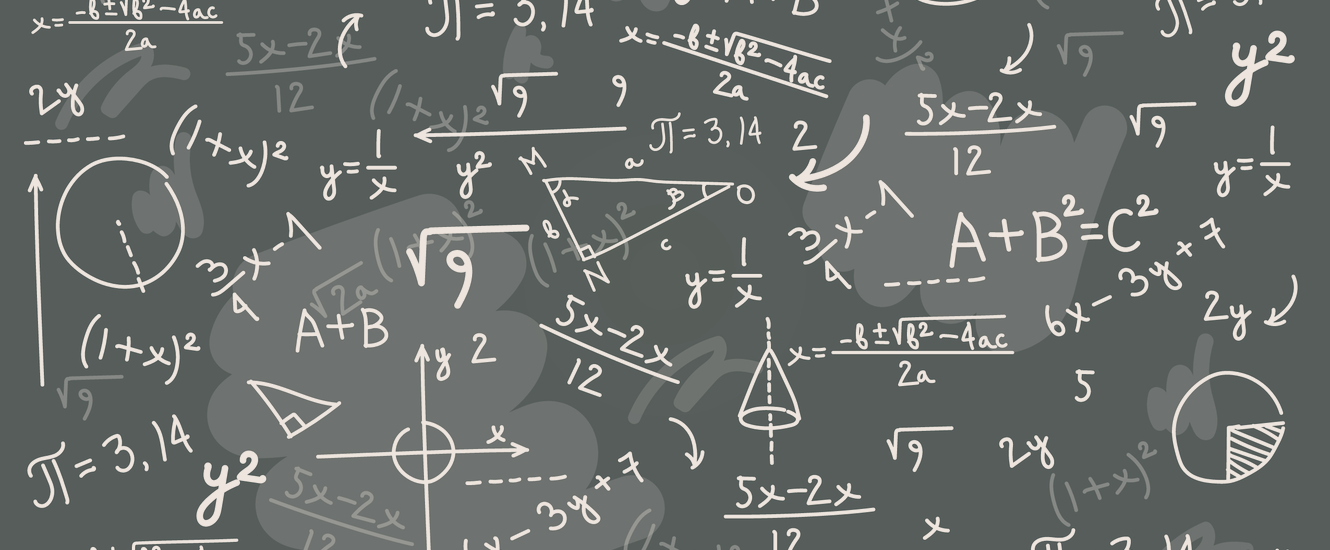What is the Singapore math method?
The Singapore Math method is a highly effective teaching approach originally developed by Singapore’s Ministry of Education for Singapore public schools in the 1980s. The method has been widely adopted in various forms over the past twenty years following the introduction of the curriculum to the U.S. in 1998.
Please read more about the essential Singapore math techniques and its proven results here.
How can I test my student to know how to place them in the right grade?
Click here to view the placement tests.
Often the results of the testing places them in the current grade level. There's no reason to be concerned about that! Remember that building a solid mathematical foundation for your child is much more important than finishing the levels quickly. Use all of the books, spend time every day working on math, encourage your child to do an excellent job, They will be well prepared for future.
What is covered as part of the curriculum and material?
We would provide Mathematics Textbooks, Workbooks, Intensive Practice and the Challenging Word Problems book for each school year per grade.
Although having your student finish each of these books requires time and diligence, we believe that it is time well spent. Admittedly, there were seasons in our expereince when we didn't quite finish every page, but it was our goal to finish this set of books for each level. And the result has been that each of our students, although different in so many ways, all score in the upper 90th percentiles on standardized math tests.
We believe our curriculum provides a very solid math education for students. It is a rigorous workload, but with the support we offer, it is attainable! Here are the reasons that we strongly believe in our curriculum:
1. Textbooks are necessary! Before any exercise is done in the workbooks, student should looks at the textbook and see how the concepts are introduced. This ensures that the child is not just getting an answer but they are really comprehending the concepts.
2. Workbooks give the introductory level of practice after the concept has been introduced via the Textbook.
3. Intensive Practice is necessary - the Workbook problems are great introductory level problems. But in order to really master the concepts, students need to experience the harder problems found in these books. Through this practice students develop the strategies and think deeper about the concepts. During the class time we would give extra help for these problems which would help your child be successful on these more difficult concepts.
4. Challenging Word Problems - the BEST part about our Singapore Math curriculum. Critical thinking skills galore! Absolutely a must-do book!!
What if my child is behind in math?
Our curriculum is full of excellent material. When a student who has completed Mathematics 6 grade, is ready for Algebra I coursework. If your student needs to begin at a lower level than their actual grade level, that will not be a problem for their future. Click here to find the placement tests which can be used to determine which level your child should begin working on.
How much time is required by the student each week?
In order for a student to have an excellent math education, it will require consistent time and effort. Each student differs in the amount of time they require to complete their math assignments. There is also a vast difference between Mathematics 1 and Mathematics 6. However, we would say that the time requirement is between 20 minutes and 45 minutes per week.
How long are your classes? Can an elementary school child sit that long?
Our class times vary depending upon grade. Our class duration is anywhere from 1.5 hrs to 2 hrs depending upon grade. We work with manipulatives to keep every child engaged.
What is the teacher to student ratio?
Our teacher to student ratio for kindergartners is 1:4 and for 1st graders to 8th graders is 1:8.
How to get a make-up class?
Students are responsible to attend their scheduled class. We do not guarantee any make-up class availability. If a student cannot attend the original scheduled class, the student can attend another session in the same week as make-up class ONLY IF there is space available in the other session. Please email us at admin@singaporemathschool.com to request for make-up class (Email us at least ONE week before your planned missing class if possible). We will reply by email with available make-up class schedules on the Saturday before the student’s planned missing class in the following week.
Can I enroll in the middle of the school year?
Yes, the tuition will be prorated according to the number of sessions remained if a student enrolls after the course started.
Please email us at admin@singaporemathschool.com

